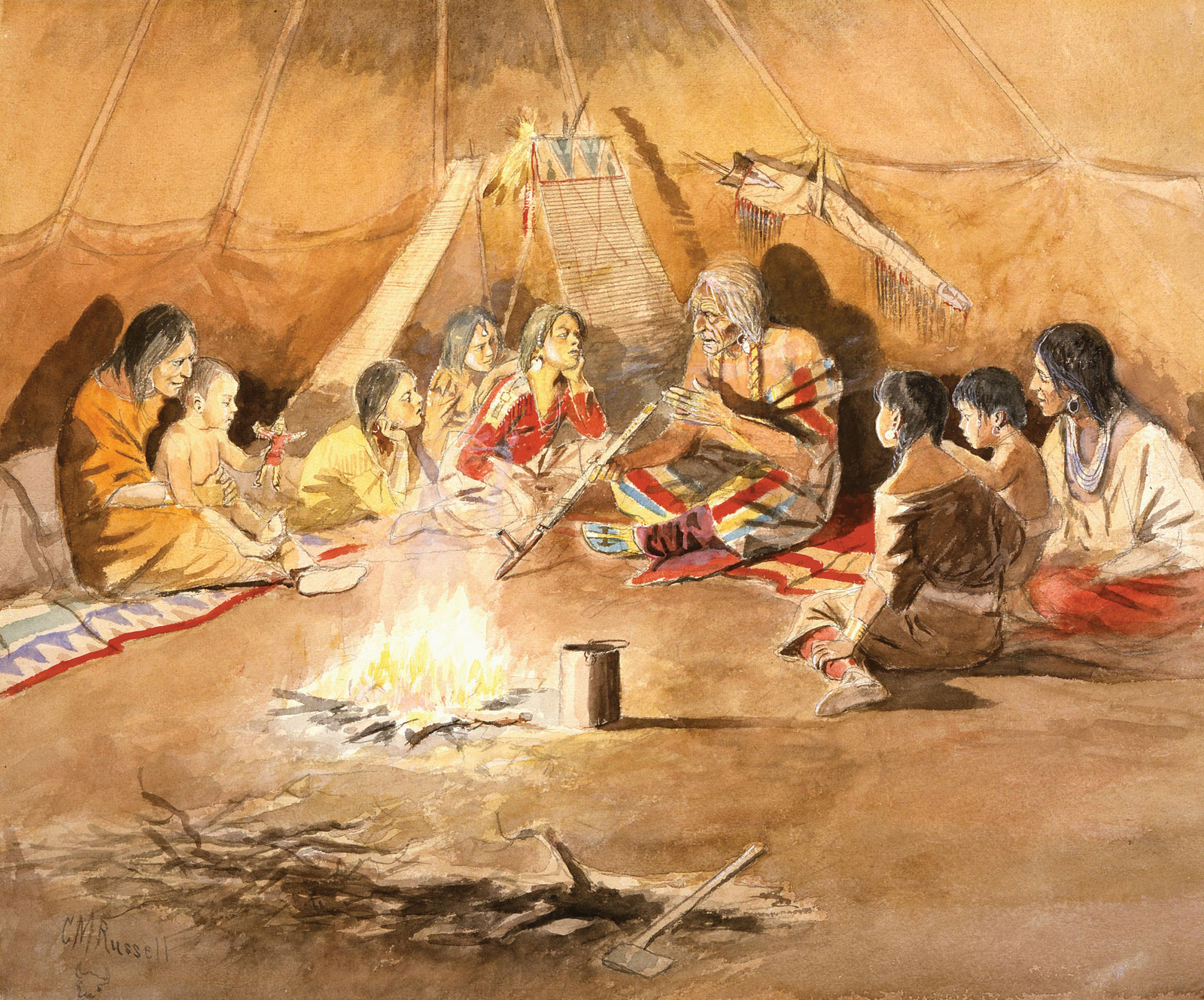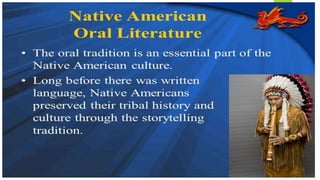
The Living Archive: Native American Oral History, Memory Keeping & Traditional Knowledge
Native American oral history is not merely a collection of spoken words; it is a profound, dynamic, and sacred living archive, the very bedrock of memory keeping and the transmission of traditional knowledge across countless generations. Far from a quaint historical footnote, these vibrant oral traditions represent sophisticated systems of education, governance, spirituality, and ecological understanding, embodying the enduring resilience and wisdom of Indigenous peoples.
At its core, Native American oral history is a holistic worldview, a continuous stream of knowledge passed down through storytelling, ceremonies, songs, dances, and direct instruction. Unlike Western historical paradigms that often prioritize written records as definitive, Indigenous cultures recognize the inherent power and validity of spoken narratives, which are often meticulously preserved and ritually performed. These traditions are not static; they are living entities, continually reinterpreted and reaffirmed by each generation, ensuring their relevance while maintaining their core truths. The act of sharing an oral history is a communal experience, weaving individuals into the fabric of their ancestry and community, fostering a deep sense of identity and belonging.
Memory keeping, in this context, extends far beyond individual recollection. It is a collective responsibility, a sacred trust. Elders, often revered as living libraries, hold immense authority and serve as primary knowledge keepers. They are the conduits through whom ancestral stories, genealogies, sacred laws, and practical skills flow. The transmission process is rigorous, often involving years of apprenticeship, observation, and participation in ceremonies. For example, a young Navajo person might spend countless hours listening to creation stories (Diné Bahane’), learning the intricate details of their origin, their relationship to the land, and the ethical principles that guide their lives. These stories are not just entertainment; they are moral compasses, historical accounts, and blueprints for living in harmony with the world.
The breadth of traditional knowledge embedded within these oral histories is astonishingly vast and interconnected. It encompasses what is often referred to as Traditional Ecological Knowledge (TEK), a sophisticated understanding of the natural world accumulated over millennia. Indigenous peoples have intimately observed flora, fauna, weather patterns, and geological changes, developing sustainable practices that ensure the health of their lands and waters. The Haudenosaunee (Iroquois) Thanksgiving Address, for instance, is not just a prayer but a comprehensive litany acknowledging and expressing gratitude for every element of the natural world, from the grasses to the stars. This oral tradition reinforces the interconnectedness of all life and the human responsibility to maintain balance and respect.
Beyond ecology, oral traditions convey intricate social, political, and spiritual knowledge. They codify laws, establish governance structures, outline diplomatic protocols, and articulate ethical frameworks. The Great Law of Peace of the Haudenosaunee Confederacy, a complex constitution that predates and is believed to have influenced the U.S. Constitution, was transmitted and maintained orally for centuries. It details principles of democracy, unity, and peacemaking among diverse nations. Similarly, origin stories and prophecies found in oral traditions provide spiritual guidance, explain cosmic order, and offer frameworks for understanding human existence and destiny. These narratives often contain profound philosophical insights, emphasizing reciprocity, respect, and the cyclical nature of life.

The sacredness of oral tradition cannot be overstated. Many stories are not merely narratives but active spiritual forces, imbued with power and purpose. They are often accompanied by specific songs, dances, and ceremonies that activate their meaning and reinforce their teachings. Some stories are considered "property" of certain families or clans, to be shared only at particular times, by designated individuals, and within specific contexts. This controlled dissemination ensures the integrity and respectful handling of sacred knowledge, preventing its trivialization or misuse. The Lakota, for example, have sacred narratives that explain the creation of the Black Hills, a region central to their identity and spirituality, passed down through generations of spiritual leaders and storytellers.
The colonial period brought immense challenges to the preservation of these vital traditions. Policies of forced assimilation, the suppression of Indigenous languages, the residential school system, and the physical removal of peoples from their ancestral lands systematically attacked the very mechanisms of oral transmission. Generations were denied the opportunity to learn their languages and hear the stories from their elders. This disruption created devastating knowledge gaps and threatened the continuity of cultures. It is estimated that before European contact, over 300 distinct Indigenous languages were spoken in North America; today, many are critically endangered, with some having only a handful of fluent speakers. Each lost language represents an irreplaceable loss of unique worldviews, histories, and knowledge systems.
Despite these immense pressures, Native American communities have demonstrated extraordinary resilience in safeguarding and revitalizing their oral traditions. Language revitalization programs, often led by dedicated elders and young community members, are at the forefront of this effort. They teach not just words, but the cultural context, the stories, and the thought processes embedded within the language. Intergenerational teaching initiatives, cultural camps, and community-led archiving projects are working to bridge the knowledge gaps and ensure that future generations can access and learn from their ancestral heritage. Modern tools, such as digital recording and online platforms, are sometimes employed to document and preserve languages and stories, but always with careful consideration and protocols established by the communities themselves, recognizing that the true essence of oral history remains in its living, dynamic transmission.
The scholarly world is increasingly recognizing the immense value and validity of Native American oral history. While Western historical methodologies have traditionally privileged written documents, there is a growing understanding that oral traditions offer unique and crucial perspectives, often providing details and insights absent from colonial records. Historians, anthropologists, and ethnobotanists are now collaborating with Indigenous communities, learning to listen to and respect these living archives as authoritative sources of knowledge. This shift acknowledges Indigenous epistemologies – ways of knowing – and challenges the long-standing bias that has often dismissed oral histories as myth or folklore.
In conclusion, Native American oral history is far more than a collection of ancient tales; it is a sophisticated, living system of memory keeping and traditional knowledge that has sustained Indigenous nations for millennia. It is a testament to the enduring power of language, narrative, and communal responsibility. These traditions embody an profound understanding of the natural world, intricate social structures, and deep spiritual connections. As Indigenous communities continue to revitalize their languages and traditions, they offer invaluable lessons to the wider world about sustainability, community, and the profound wisdom that lies in listening to the voices of the past, present, and future, ensuring that the living archive continues to thrive.



